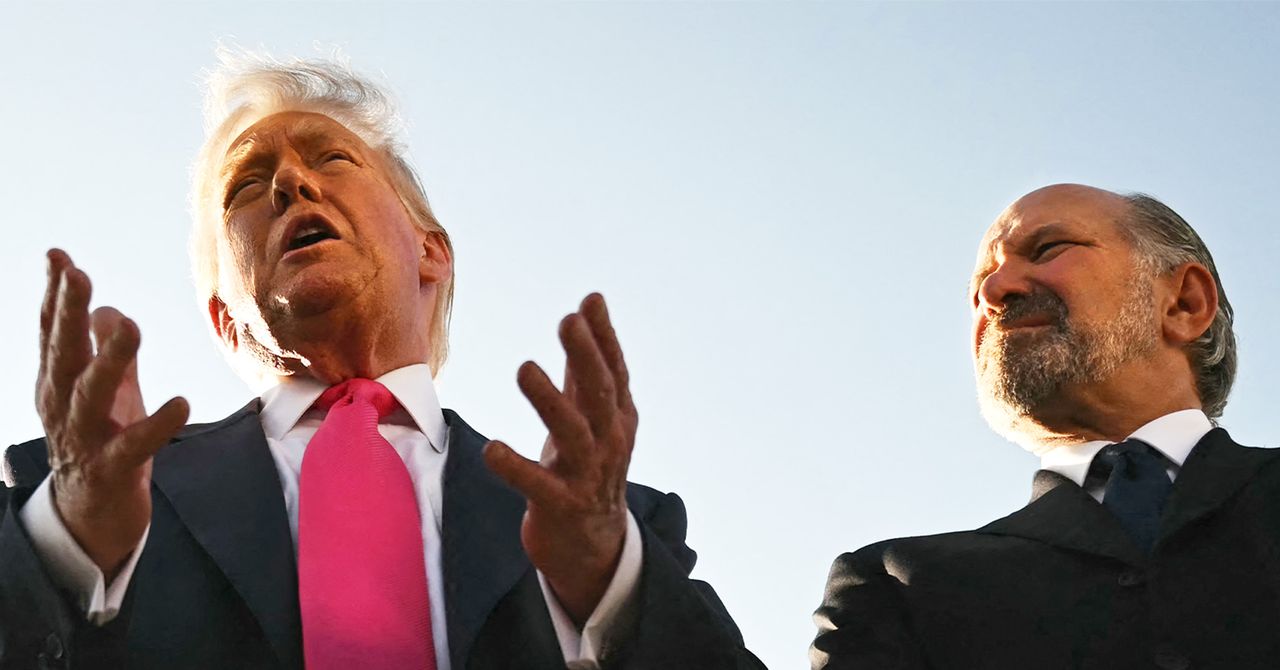The US government plans to acquire an equity stake in Intel in return for grants already promised to the company under the Biden administration’s CHIPS Act. This initiative, confirmed by US Commerce Secretary Howard Lutnick during a CNBC interview, aims to bolster US chip manufacturing. “We should get an equity stake for our money,” Lutnick commented, outlining the intent to convert financial assistance into equity. Previously, discussions involved the government acquiring a 10 percent stake in Intel, as reported by the New York Times.
This potential agreement could support Intel financially in building and maintaining its US-based semiconductor fabrication plants, or fabs, which require substantial investment, despite the declining demand for Intel chips. Some industry experts and officials from the Trump administration argue that maintaining Intel’s viability is crucial for US national security by reducing dependence on foreign chipmakers.
However, some analysts and economists caution that such a governmental partnership with Intel may lead to conflicts of interest and might not achieve the targeted boost in domestic chip production. Stephen Moore of The Heritage Foundation argues that government ownership contradicts the private ownership principles predominant in the US and likens it to European industrial practices, which have often ended in failure.
Historically, the US government has engaged in private sector investments. Moore references the 1980s Synthetic Fuels Corporation, a failed federal investment initiative aimed at fuel production from unconventional sources. Similarly, during the 2008 financial crisis, the government provided significant bailouts to save automakers and banks, repaying many through the Troubled Asset Relief Program. More recently, the Department of Defense backed MP Materials, a US-based rare-earth magnet company, to expand production and reduce reliance on China.
Moore suggests that government-private sector partnerships should have a clear exit strategy, involving short-term ownership followed by divestment. Nonetheless, the Trump administration has been extending these public-private endeavors, such as the June partnership between Nippon Steel and US Steel, which involved government influence over company decisions via a “golden share” provision, to strengthen US competition with China in steel production.

